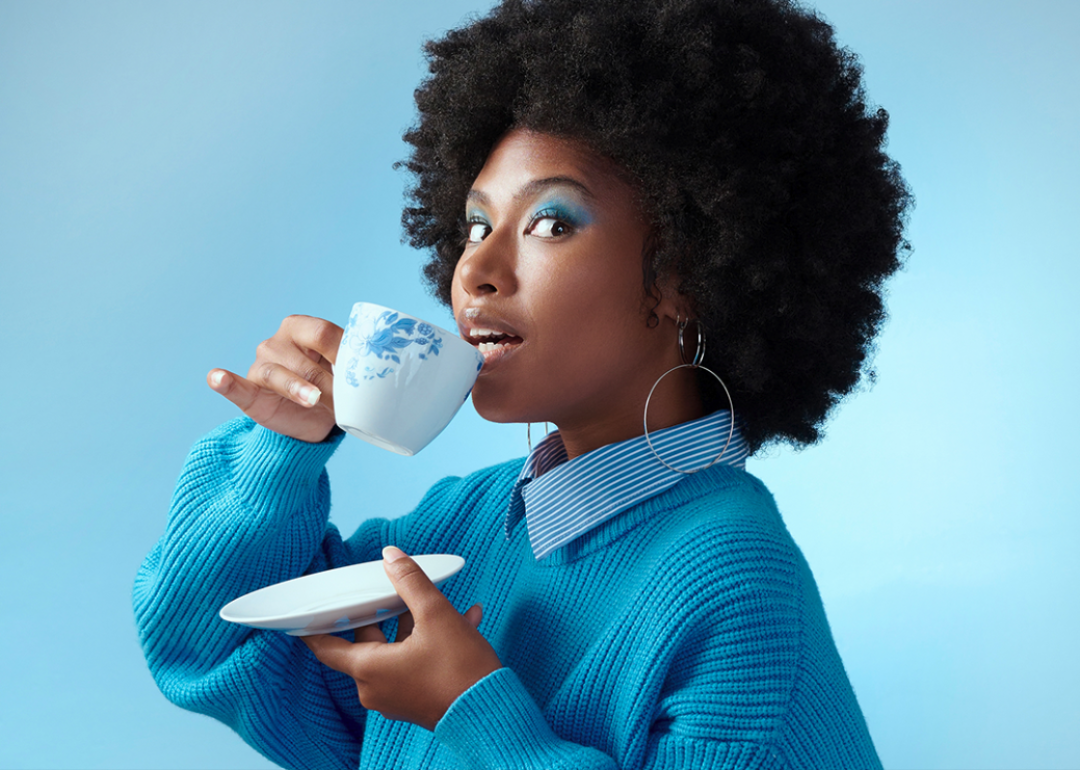PeopleImages.com - Yuri A // Shutterstock
-
This article, "20 iconic slang words from Black Twitter that shaped pop culture," was originally published in January 2024 and had been updated and resyndicated over the last two years. It was pitched and written by a freelance writer, then rigorously edited, copyedited, and fact-checked by Stacker's in-house team. In November 2025, another publication reported that the author had written recent articles for other outlets that do not meet Stacker's editorial standards. While we believe this particular article is factually accurate and journalistically sound, we've removed it due to concerns about the author's credibility.




